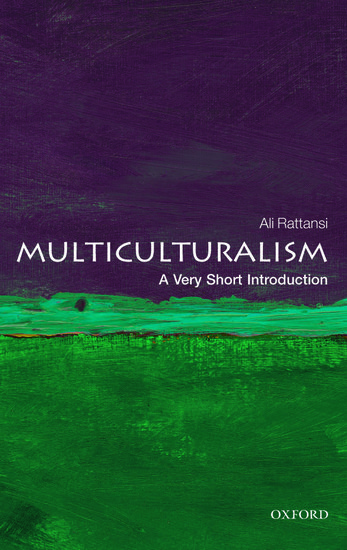Home >
A Very Short Introduction >
Global Economic History | 多文化主義 (Social Science)
A Very Short Introduction | Social Science
Global Economic History | 多文化主義
ISBN: 9780199546039
Series: A Very Short Introduction
Global Economic History | 多文化主義 (Social Science)
A Very Short Introduction Global Economic History | 多文化主義 (Social Science) メディア > 書籍 > ノンフィクション > 言語学習書 Expect Delays of Up to 4 Weeks| ご注文はこちら |
ISBN
9780199546039 (旧規格ISBN: 0199546037)
- 説明
- 特徴
- シリーズの説明
- 目次
- Takes a global look at the wealth and economic history of countries around the world
- Uses historical examples to show the strengths and weaknesses of state intervention in the economy
- Considers the various factors that influence economic growth, including culture, institutions, technology, the natural environment, income distribution, and the standard of living
- Exposes the historical processes that have created the unequal world we live in today
- Considers recent developments such as the 'great divergence' debate and empricial studies of economic growth by economists
経済格差はますます広がっています。本書は経済成長、文化、テクノロジー、所得分布の相互関係を見ていき、この格差を生む主な要因を探っていきます。新説の分析も交えながら、今日の不公平な世の中を創り出した歴史的経緯を探り、世界の富というものを見ていきます。
難解なテーマを分かりやすく解説する入門書シリーズ
Very Short Introductions (VSI) シリーズは、1995年に Mary Beard 著『Classics』の刊行をもって創刊し、以来、歴史や政治、宗教、哲学、科学、時事問題、ビジネス、経済、芸術、文化など、様々な分野のテーマを取り上げてきました。発行点数も数多く、現在までに680タイトル以上を刊行しています。
本シリーズは、世界各国の評論家からの評価も高く、知識欲の強い読者の間では定番の入門書として定着しつつあります。販売部数は全世界で1,000万部を超え、53ヶ国語の言語に翻訳されています。
専門家による分析や新しい見解を盛り込みながら、イスラム教からポスト構造主義、宇宙論まで、難解なテーマを平易に説く、刺激に満ちた Very Short Introductions は、初学者にとって最適の入門書であり、予備知識のある読者には新たな視点を提供します。一般の方や大学生、大学院生に愛読されているほか、大学の授業にも採用されるなど、幅広くご活用いただいています。
注意:このシリーズはELT教材に該当しないため割引対象外です。
1: The great divergence
2: The rise of the west
3: The industrial revolution
4: The ascent of the rich
5: The great empires
6: The Americas
7: Africa
8: The standard model and late industrialization
9: Big push industrialization
Epilogue
経済格差はますます広がっています。本書は経済成長、文化、テクノロジー、所得分布の相互関係を見ていき、この格差を生む主な要因を探っていきます。新説の分析も交えながら、今日の不公平な世の中を創り出した歴史的経緯を探り、世界の富というものを見ていきます。
特徴
- Takes a global look at the wealth and economic history of countries around the world
- Uses historical examples to show the strengths and weaknesses of state intervention in the economy
- Considers the various factors that influence economic growth, including culture, institutions, technology, the natural environment, income distribution, and the standard of living
- Exposes the historical processes that have created the unequal world we live in today
- Considers recent developments such as the 'great divergence' debate and empricial studies of economic growth by economists
シリーズの説明
難解なテーマを分かりやすく解説する入門書シリーズ
Very Short Introductions (VSI) シリーズは、1995年に Mary Beard 著『Classics』の刊行をもって創刊し、以来、歴史や政治、宗教、哲学、科学、時事問題、ビジネス、経済、芸術、文化など、様々な分野のテーマを取り上げてきました。発行点数も数多く、現在までに680タイトル以上を刊行しています。
本シリーズは、世界各国の評論家からの評価も高く、知識欲の強い読者の間では定番の入門書として定着しつつあります。販売部数は全世界で1,000万部を超え、53ヶ国語の言語に翻訳されています。
専門家による分析や新しい見解を盛り込みながら、イスラム教からポスト構造主義、宇宙論まで、難解なテーマを平易に説く、刺激に満ちた Very Short Introductions は、初学者にとって最適の入門書であり、予備知識のある読者には新たな視点を提供します。一般の方や大学生、大学院生に愛読されているほか、大学の授業にも採用されるなど、幅広くご活用いただいています。
注意:このシリーズはELT教材に該当しないため割引対象外です。
EASY ORDER FORM
表示価格が税込価格
価格(税抜):
1,790 円


